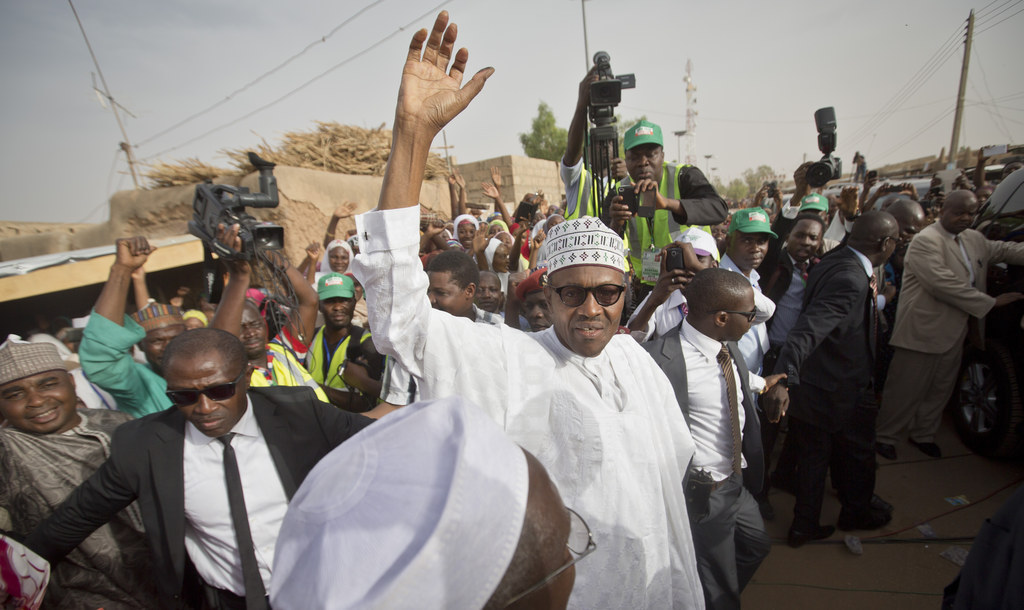In what was Nigeria's most competitive election in history, opposition candidate Muhammadu Buhari has unseated incumbent president Goodluck Jonathan.

This is the first time in Nigeria's history that there's been a peaceful, democratic handover of power. But who is the man who will take over the largest economy and most populous country on the African continent?
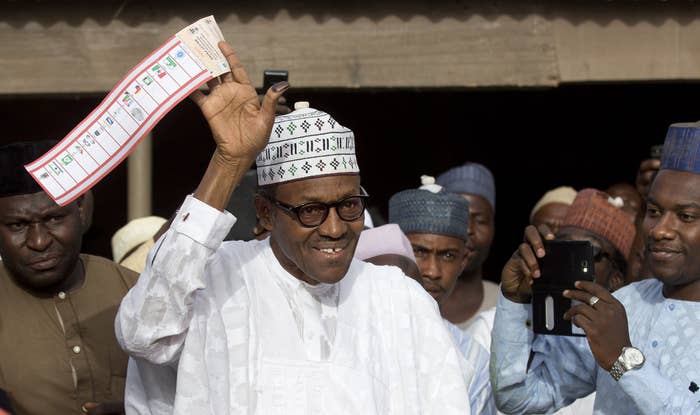
The short answer: a former leader of Nigeria who previously took power through a coup, was ousted in yet another coup, and has since tried and failed repeatedly to return to power.
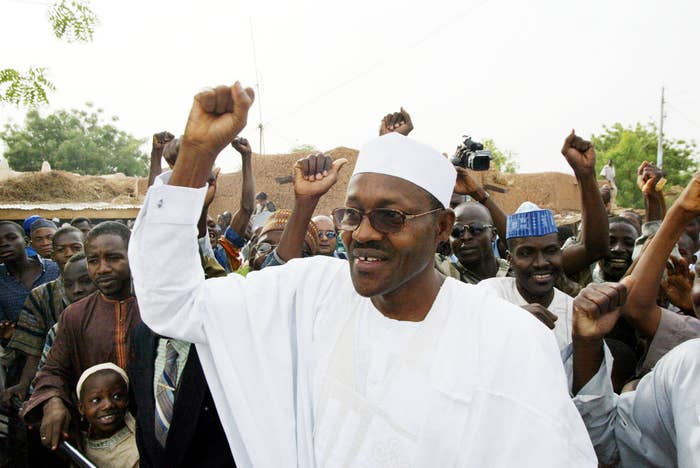
Back in January 1984, Major General Muhammadu Buhari overthrew Nigeria's first democratically elected government. He stayed in power for two years and his record is pretty mixed.
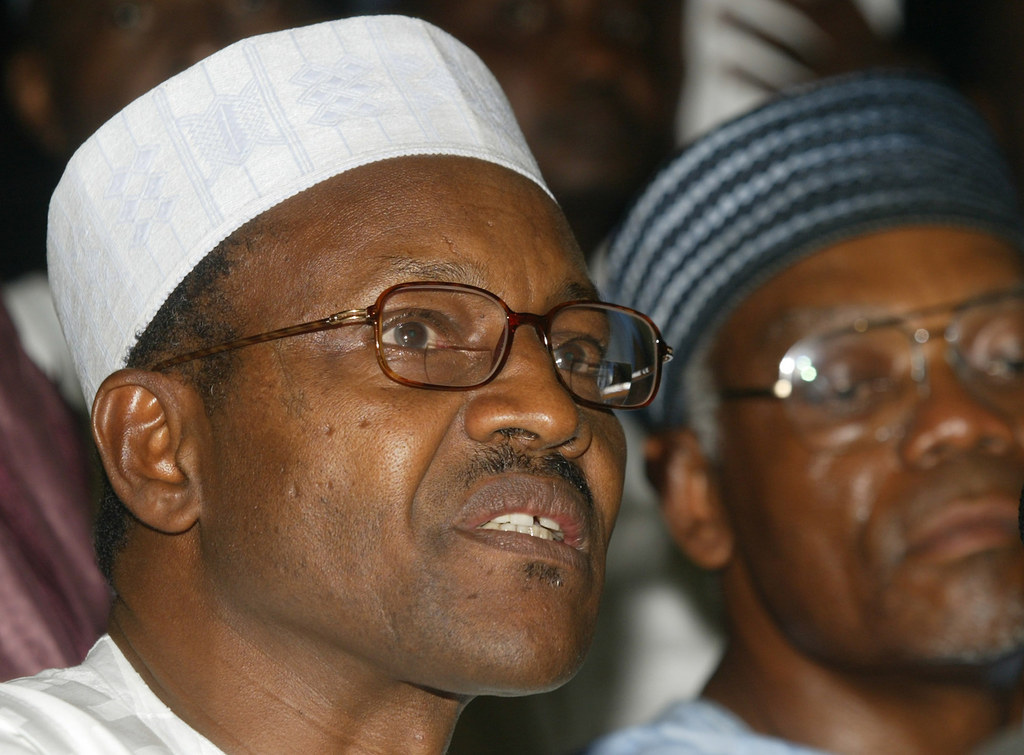
About 500 politicians, officials and businessmen were jailed as part of a campaign against waste and corruption.Some saw this as the heavy handed repression of military rule.But others, and not just northern Muslims, remember it as a praiseworthy attempt to fight the endemic graft which was preventing Nigeria's development.Largely because of this campaign, Buhari retains a rare reputation for honesty among Nigeria's politicians, both military and civilian.
On the other hand, Buhari's reign is also linked to human rights violations.
Buhari issued several decrees that granted the government wide-ranging powers to supress dissent. Protests were banned, journalists could be arrested even for writing factual stories that were critical of the government, and the state security and the chief of staff were granted the ability to detain individuals without warrant for months at a time.
He also launched what was called the "War Against Indiscipline."
"Cheating on an examination, for example, can now bring a student 21 years in prison," the New York Times reported at the time. "Counterfeiting, arson, selling oil illegally, trafficking in or using 'cocaine or any such similar drug' and tampering with telephone cables all now carry the death penalty."
Buhari was overthrown in a coup in 1985, just 20 months after his own takeover, and was detained until 1988.
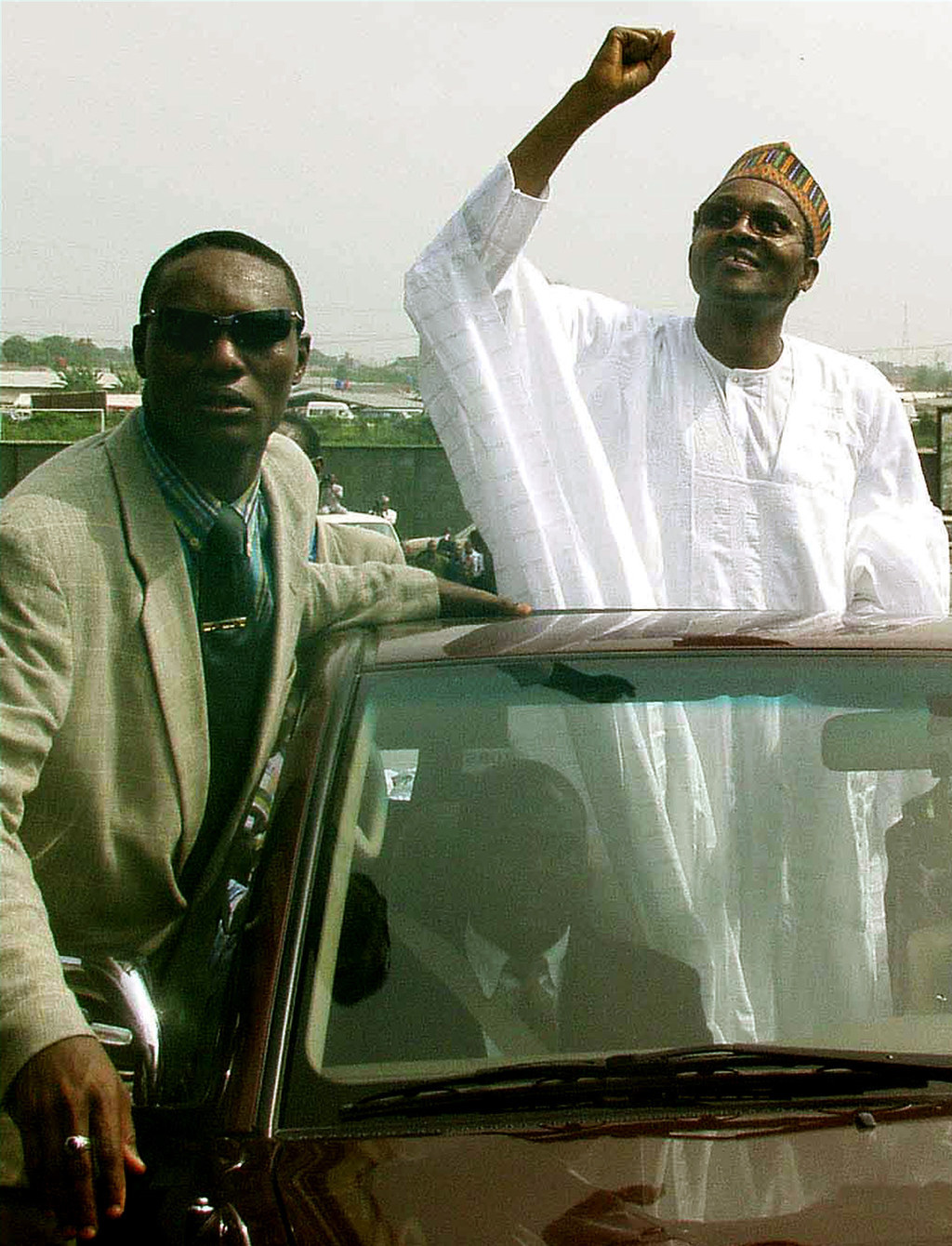
Since being deposed, Buhari has run in three failed presidential bids, twice with the All Nigeria People's Party in 2003 and 2006, and with the Congress for Progressive Change in 2011. The fourth time appears to be the charm with Buhari's victory.
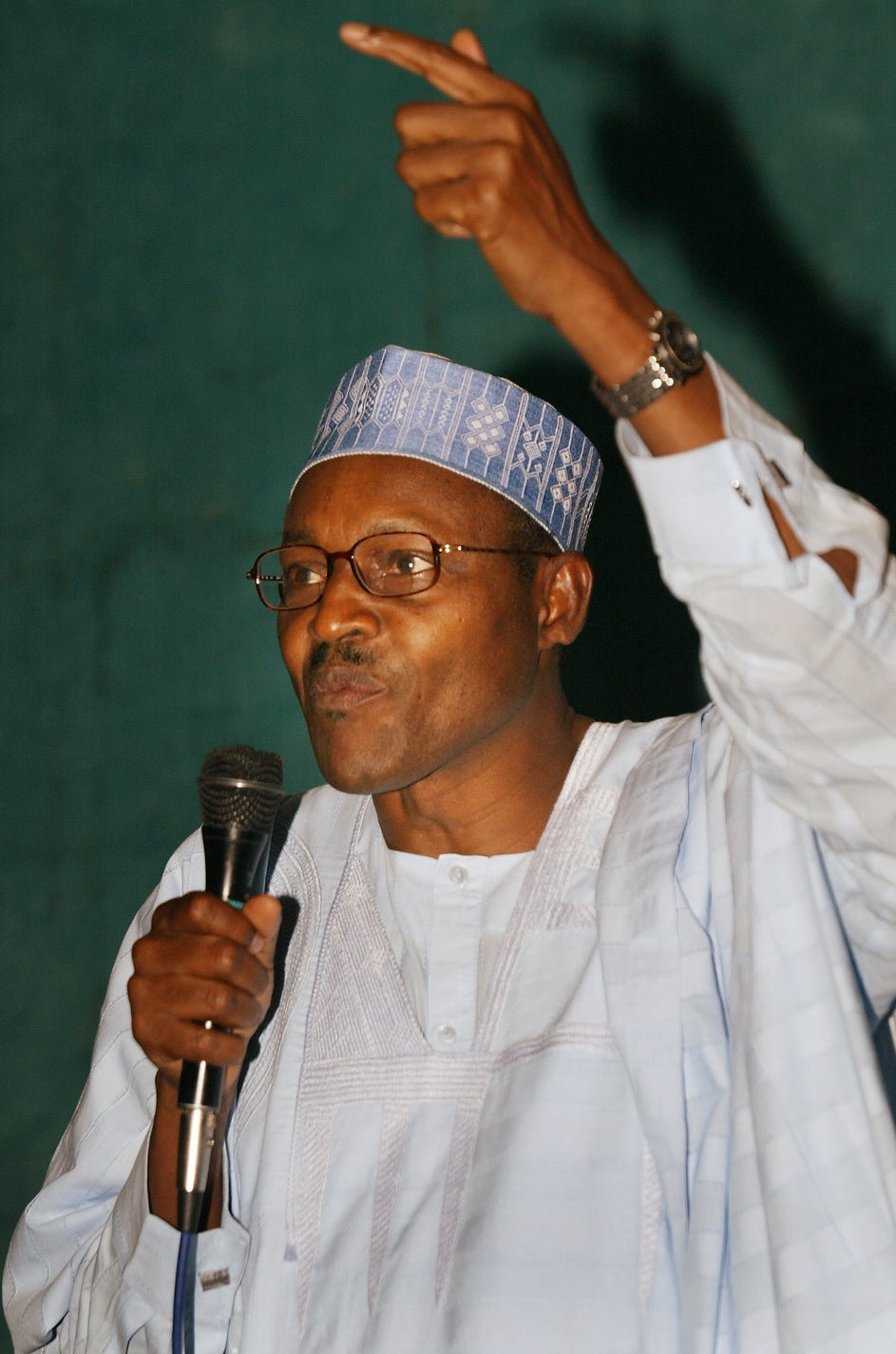
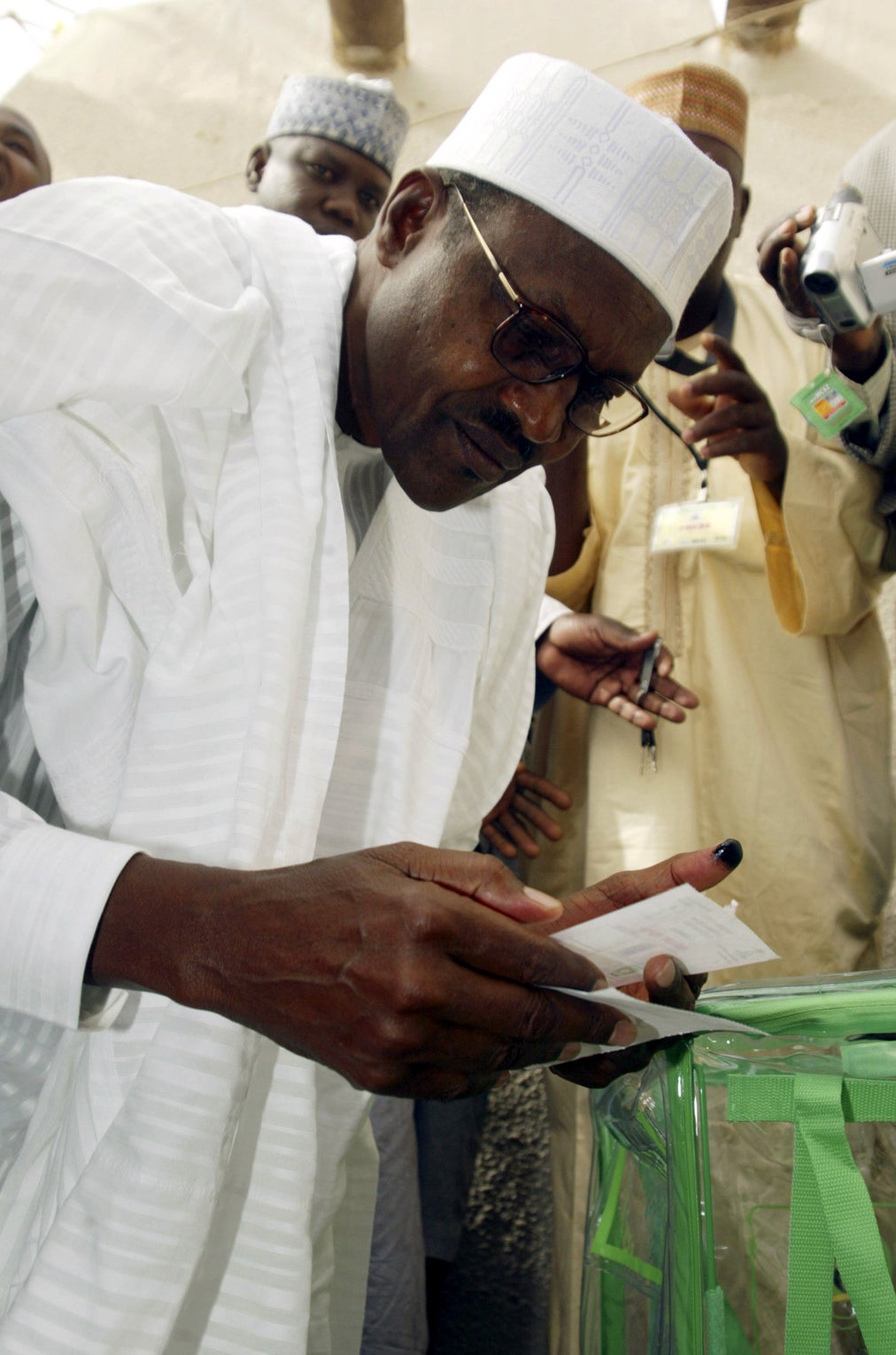
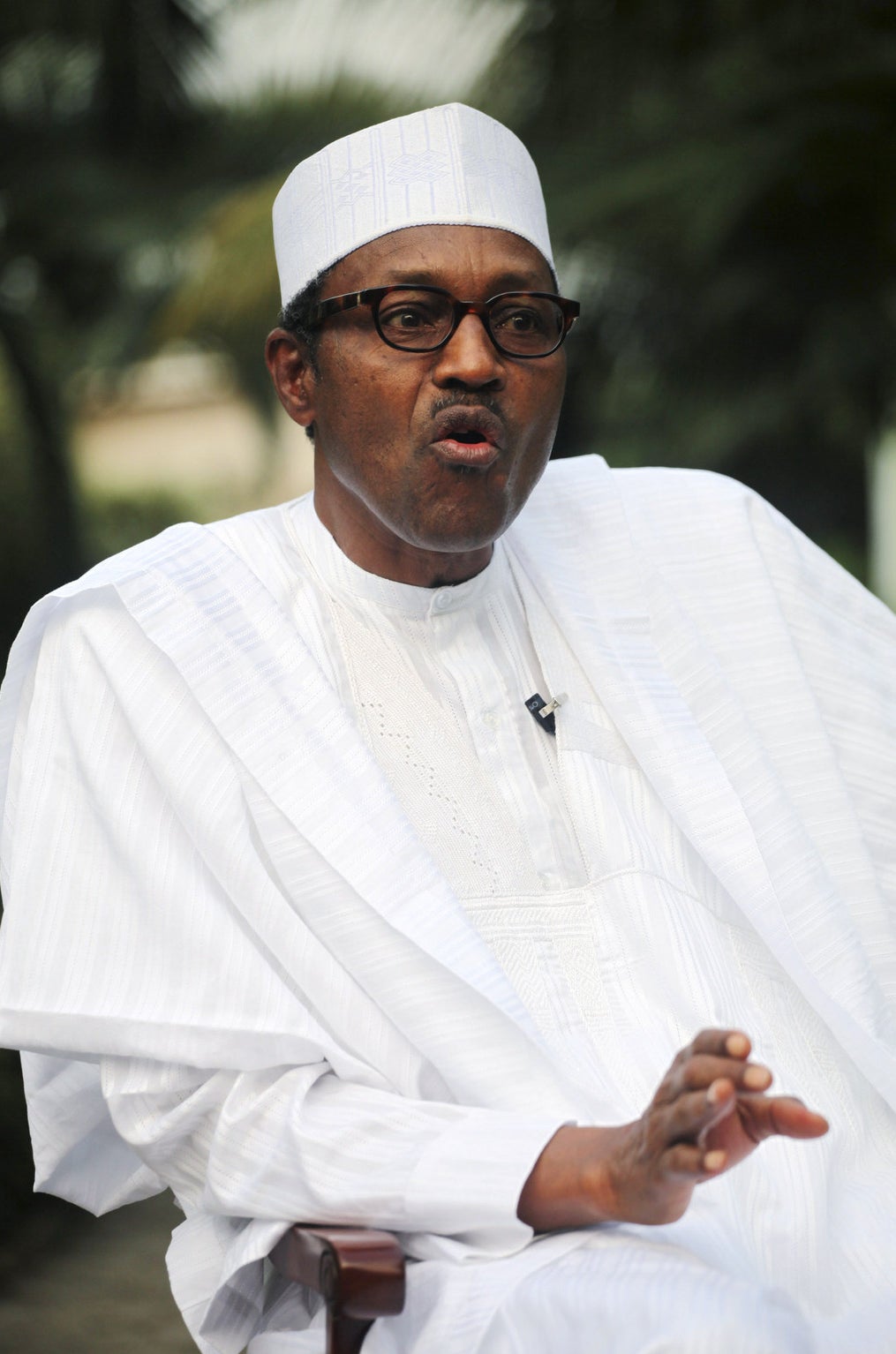
Electing a former military ruler is something that Nigerians have done before.
When Nigeria returned to democracy in 1999, they elected Olusegun Obasanjo, a former military leader. His record was mixed.
Buhari has acknowledged previous abuses, taking responsibility during a speech in London last year. "I cannot change the past, but I can change the present and the future," he said, calling himself "a former military ruler and converted democrat."
View this video on YouTube
Whether Buhari lives up to his new ideals — and how he manages Nigeria's economy, the fight against Boko Haram, and his relationship with the mostly Christian south of Nigeria — will determine whether he can enact the change he's promised for Nigeria.
